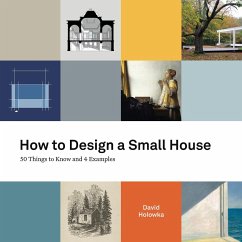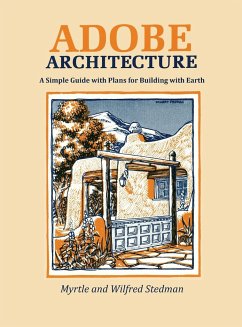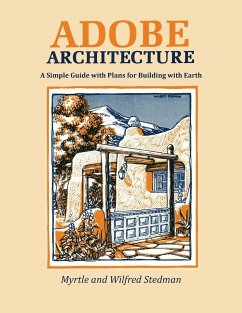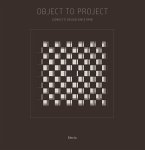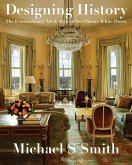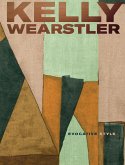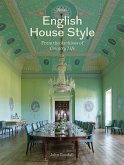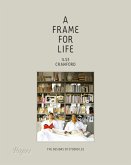Why do the words "little house" go straight to the heart, as Sir John Summerson observed? Clearly, something beyond economy is at work. For centuries, the idea of a minimal dwelling has captivated thinkers who saw it as closer to nature, the world's and our own. Uniquely, a small house can possess human scale and presence, immerse us in nature, intensify a feeling of sanctuary, simplify life, and free up time for living. How to Design a Small House analyzes this potential and shows how to realize it in a more fulfilling home. It proposes not a tiny house, but one less than half the average size of today's new home, scaled to our time's smaller households. Drawing on literature, the visual arts, architectural history, and evolutionary psychology, its fifty short chapters weave a coherent design approach from considerations practical to subconscious. Richly illustrated, it includes vivid 3D renderings of iconic prototypes and four original house-design examples.
Hinweis: Dieser Artikel kann nur an eine deutsche Lieferadresse ausgeliefert werden.
Hinweis: Dieser Artikel kann nur an eine deutsche Lieferadresse ausgeliefert werden.

